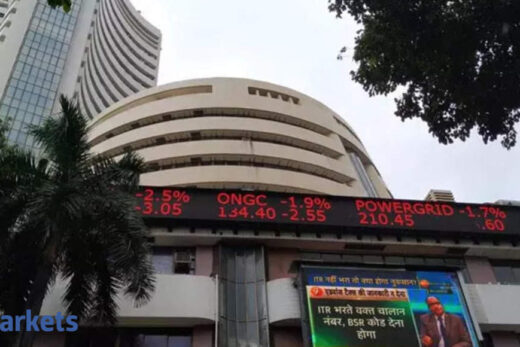The new unit will annually produce 1.1 million tonnes of ethylene dichloride, 940 thousand tonnes of chlor-alkali, and 360 thousand tonnes of PVC (polyvinyl chloride), Reliance said in a late evening statement on Tuesday.
This deal comes to a close nearly 1.5 years after both companies had signed a broad framework agreement and will be the largest investment by the Indian conglomerate in the Middle East, till date.
Even though the release did not disclose any investment details and said it will get finalised by 2022, sources in the know said Reliance will be investing upto $1.5 billion in the venture.
ET was the first to report this development in its June 29 edition.
“This important milestone further bolsters our long-standing relationship with ADNOC, reaffirming our faith in the global vision of the UAE’s wise leadership,” said Mukesh Ambani, chairman of Reliance. “This is a significant step in globalising Reliance’s operations, and we are proud to partner with ADNOC in this important project for the region,” Ambani added.
Industry observers say the new JV is a testament of the growing economic ties between India and the Emirate. UAE is the fifth biggest oil supplier to India, which itself is the world’s third biggest oil importer and consumer.
Last year, the Emirati’s sovereign wealth funds Abu Dhabi Investment Authority and Mubadala together had invested over $3 billion in Ambani’s Jio Platforms and retail venture as part of the part of mega Rs 3.24 lakh crore ($44 billion) fund raise by the group. ADIA along with Saudi Arabia’s Public Investment Fund (PIF) also invested over a billion dollars (Rs 7558 crore) in an infrastructure investment trust (InvIT) that holds Jio’s fibre-optic assets.
Adnoc has been the first foreign energy company, to partner in India’s strategic petroleum reserves programme and has been a stakeholder in one of India’s largest refinery and petrochemicals projects, that now hangs in uncertainty.
Adnoc is investing $45bn in both upstream and downstream operations as part of its 2030 strategy. In downstream, it has a target to treble petrochemicals production to 14.4 million tonnes annually by 2025.
The company has been looking to produce a full range of petrochemicals products in its Ruwais Derivatives and Conversion Parks with a view to attracting petrochemicals firms to set up operations, using the refinery as a feedstock. The Ruwais Refinery complex can process up to 837,000 barrels of crude oil and condensate per day, making it the fourth-largest single-site oil refinery in the world.
Ta’ziz is a joint venture between Adnoc and state holding company ADQ being developed to use refined products as the basis for a range of chemicals and other derivatives used by industry.
Chlor-alkali is used in the production of textiles and metals, ethylene dichloride is pivotal to the production of PVC plastic. PVC has a range of uses in pipes, flooring, medical equipment, cables and the automotive industry, among others. The statement said that the outputs from this JV unit will go towards meeting the growing demand in Asia and Africa.
The manufacture of these chemicals will “create opportunities for local industry to source critical raw materials in the UAE for the first time,” Adnoc said in a statement. Chlor-alkali is essential for the manufacturing of caustic soda, which is in turn used in producing aluminium.
“In line with our 2030 strategy, we look forward to creating further opportunities across the entire TA’ZIZ ecosystem for the next generation of local industry. The domestic production of critical industrial raw materials strengthens our supply chains, drives In-Country Value and accelerates the UAE’s economic diversification,” said Sultan Ahmed Al Jaber, UAE Minister of Industry and Advanced Technology and ADNOC’s Managing Director and Group CEO.



